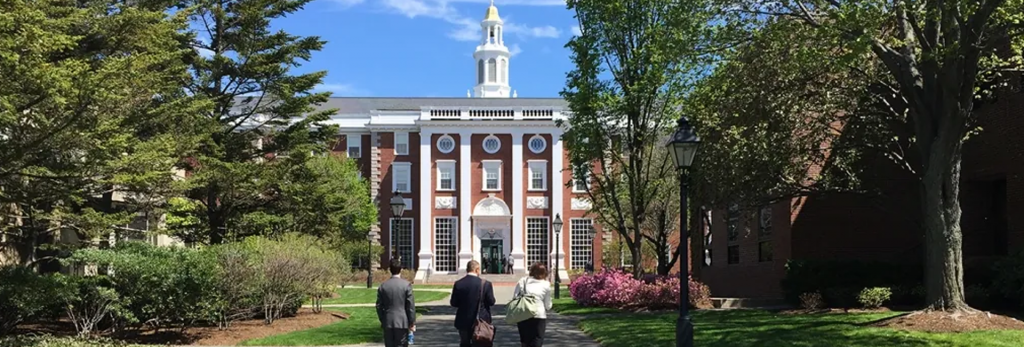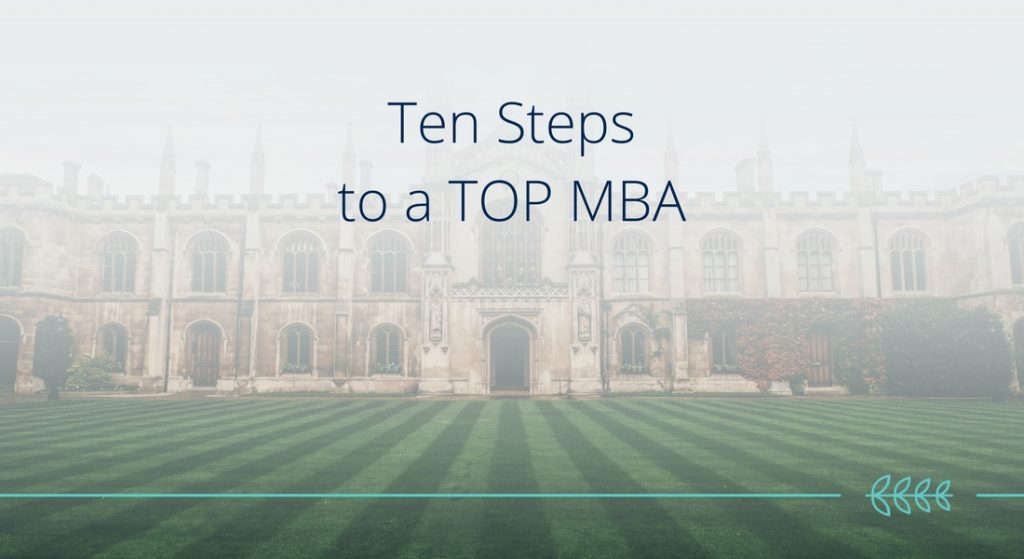Everything you ever wanted to know about MBA interviews!
I have spent the last two months doing interview preparation for MBA applicants. From Harvard to Haas, Duke to Kellogg, Wharton to London Business School, IESE to INSEAD. In addition to helping my clients prepare by practicing questions such as “walk me through your resume,” I spend a lot of time explaining what to expect in the interview. What exactly does it mean if my interview is blind? Who is better, an alumni or 2nd year student? Is it better if I go to the school, or is Skype okay? So, to help future applicants, below is my vocabulary list of everything you need to know about MBA interviews: Interview Type Blind: the interviewer is “blind” to your application, they have not seen your essays nor your letters of recommendation (LORs); usually they have only your resume. Non-blind: the interviewer has full access to all aspects of your application. Whether they read them or not is another story… By invite only: Most schools only invite you to an interview after an initial screening. The interview invitation means you have passed the first stage and so far, adcom thinks you’d be a good fit. Woo-hoo! Assessment Day/Open Day: Several schools offer an Assessment Day or Open Day on campus as part of the interview process. IESE, HEC Paris and Cambridge Judge are examples. Interviewer Alumni: Many schools use their MBA alumni to conduct interviews. The alumni will follow some guidelines from the school on what to ask and what to look for. Alumni can be great supporters for you since they have been in your shoes. If you are admitted, they will become part of your network. 2nd-year student: Similar to alumni, the 2Y is knows what you are going through (they did it themselves just 2 years earlier) and can be a good ally for you. Again, they will conduct the interview based on some guidelines from Admissions. Admissions: The interviewer is a member of the Admissions Committee (adcom) and could be someone very senior (Rod Garcia of MIT Sloan, a legend in admissions, often travels around the world to do interviews) or a new joiner to the adcom team. Location Off-campus: The interview will be conducted anywhere other than the school’s home campus, possibly in your hometown, or in a hub city. Hub City: Many schools (HBS, MIT Sloan…) conduct interviews in batches in hub cities such as NYC, London, Paris, Mumbai… On-campus: Several schools prefer that the interviewee go to the school for the interview, NYU Stern and Tuck for example. And now, let me interrupt this list to say it for the record, loud and clear: For schools that do not require “on-campus” interviews…NO, it is not “better” to go to the school for the interview. You do not get “extra points” for showing up. That would not be very fair, would it? Think about it: an applicant from Detroit will have an easier time traveling to a US campus for an interview than an applicant from Delhi would. While the visit could be great for you personally, it will not sway the admission decision. Skype: Online interviewing is very common and a perfectly fine alternative if a face-to-face interview is not possible. You are not negatively affected if the interview is online and I have had many clients interview by Skype and then get accepted. The only drawback is that there is a higher chance for miscommunication and/or technical difficulties, and it is a bit cold overall. For this reason, when my clients have a choice, I always suggest they do the face-to-face. Question Types This is really a topic for an entire other article, but for now, let me highlight a few common ones: Basic Questions: “Why the MBA, what are your goals, why this school…” Know the answer and please be specific to the school, no generic answers! “Walk me through your resume”: this question is very common in blind and alumni interviews. Commercial Questions: Designed to test your knowledge of your field or intended field; “What are the problems facing Y industry at this time? Tell me about the specifics of a recent deal in the X industry.” Anything on your resume: from specific deals and projects to hobbies and university experiences. Anything in your application: if the interview is NOT blind, the interviewer could ask about any detail presented in your application. Behavioral questions: Designed to understand how you think and act: “Tell me about a time you led a difficult group, tell me about a time you faced a challenge…” Case/presentations: Several interviews ask you to solve a short case or give a short presentation on a topic. LBS is famous for this. Team-based discussions (TBD): An interview held in group where your social interactions are as important as your intellectual contributions. Emotional Intelligence, baby! Wharton has pioneered this method. Tricky questions: This could be any question you were not expecting. “What is your favorite movie and why?” “How could your president improve the economy in your nation?” “If this school were a person, what would he/she be like?” “What is something you will never be good at?” The advice I give my clients is to take a deep breath and answer the best you can. You can even say “wow, that is tough…, give me a second to think.” The interviewer is not asking a tricky question to “trick” or “trap” you. Instead they are looking to see how you react in a stressful situation, how you handle pressure, how you respond, what your attitude and demeanor are like when you are challenged. PS: The best practice questions out there are those compiled by my friends at Clear Admit. I swear by them. Random Stuff Language: If the interviewer is an adcom, a native English speaker, or if you and the interviewer do not share the same language, the interview will be in English. In theory, all MBA interviews are conducted in English, but in practice, if you and the interviewer share the same language, the interview may switch into your native language once the interviewer feels you’ve demonstrated your English level. Or







